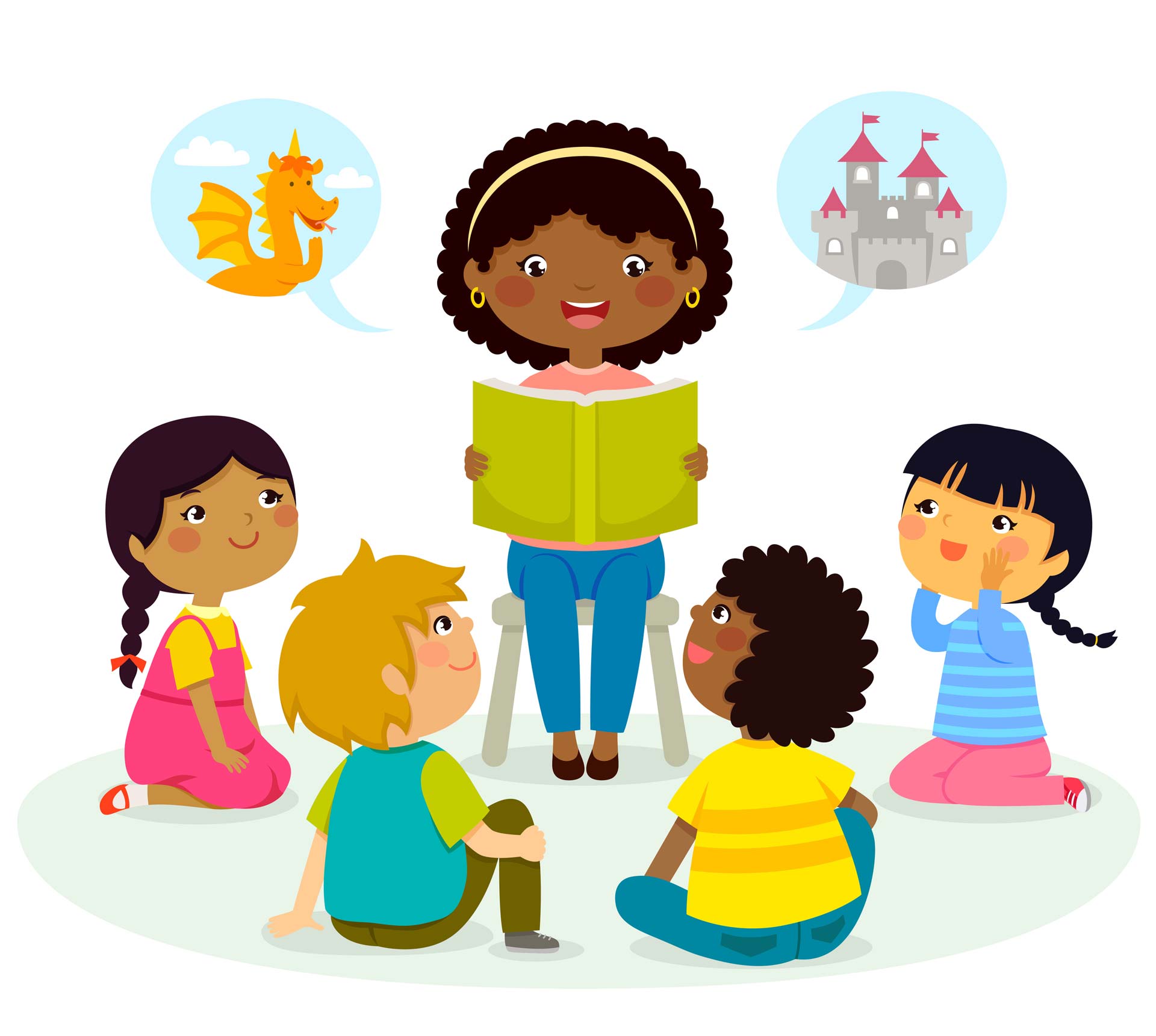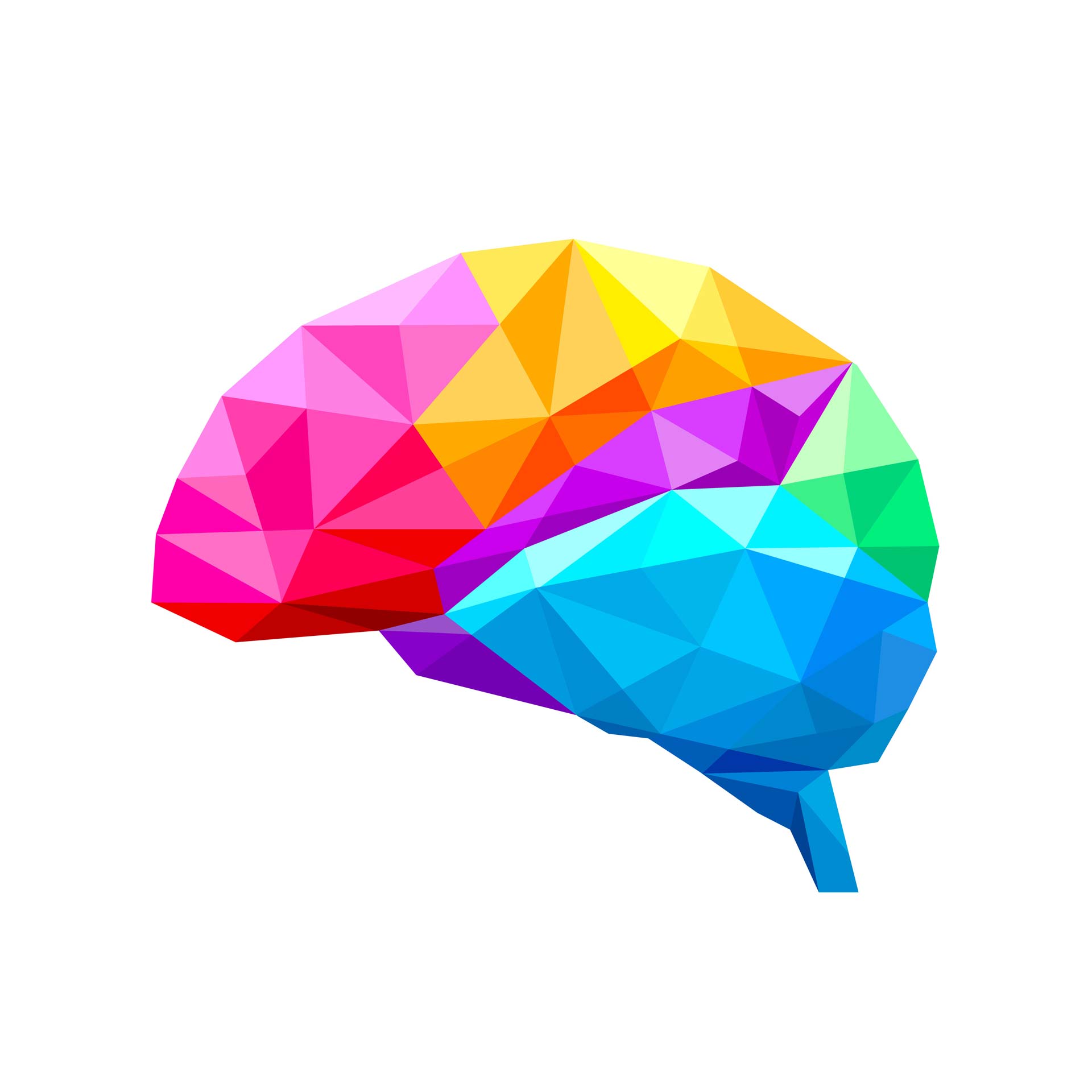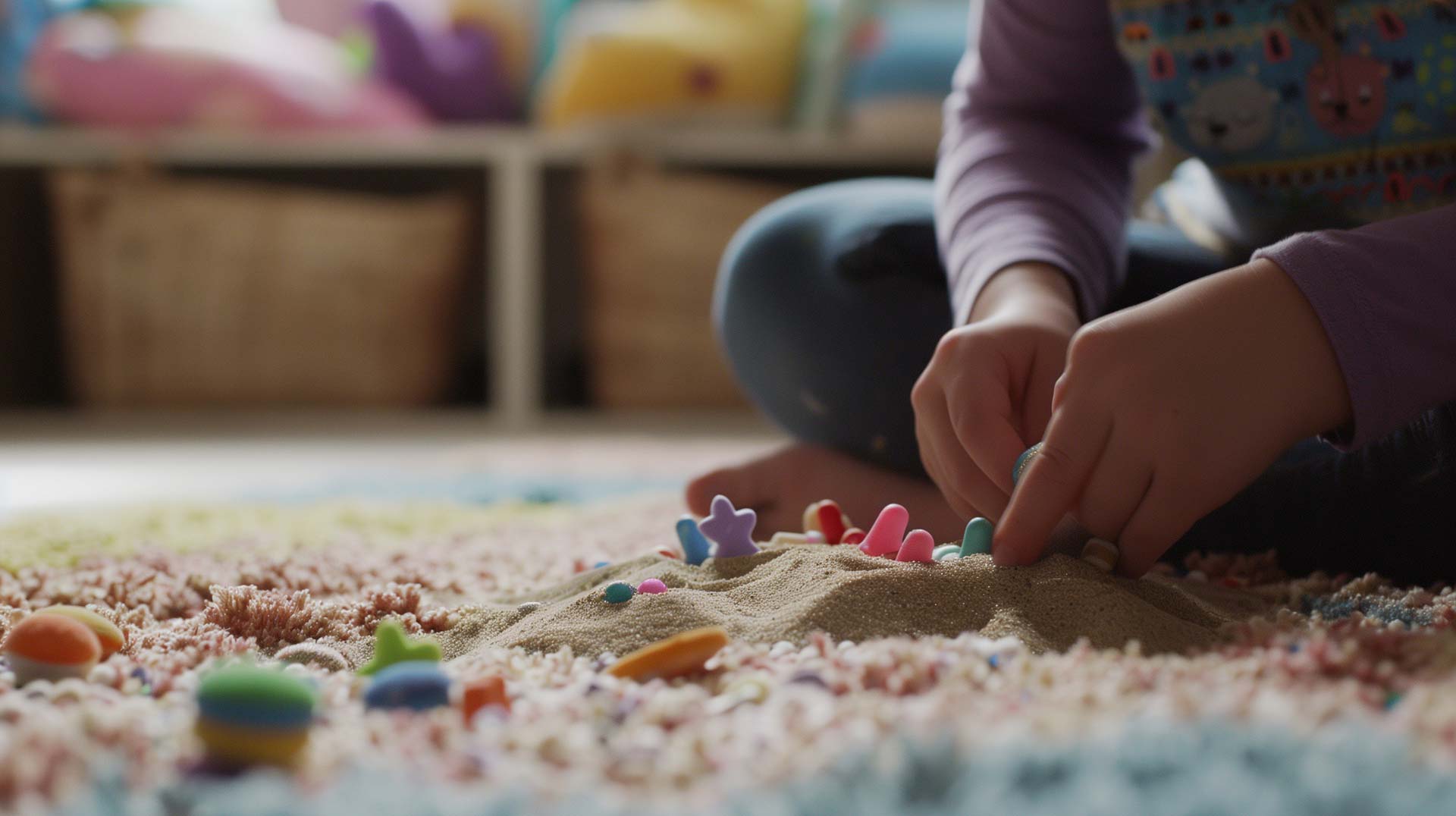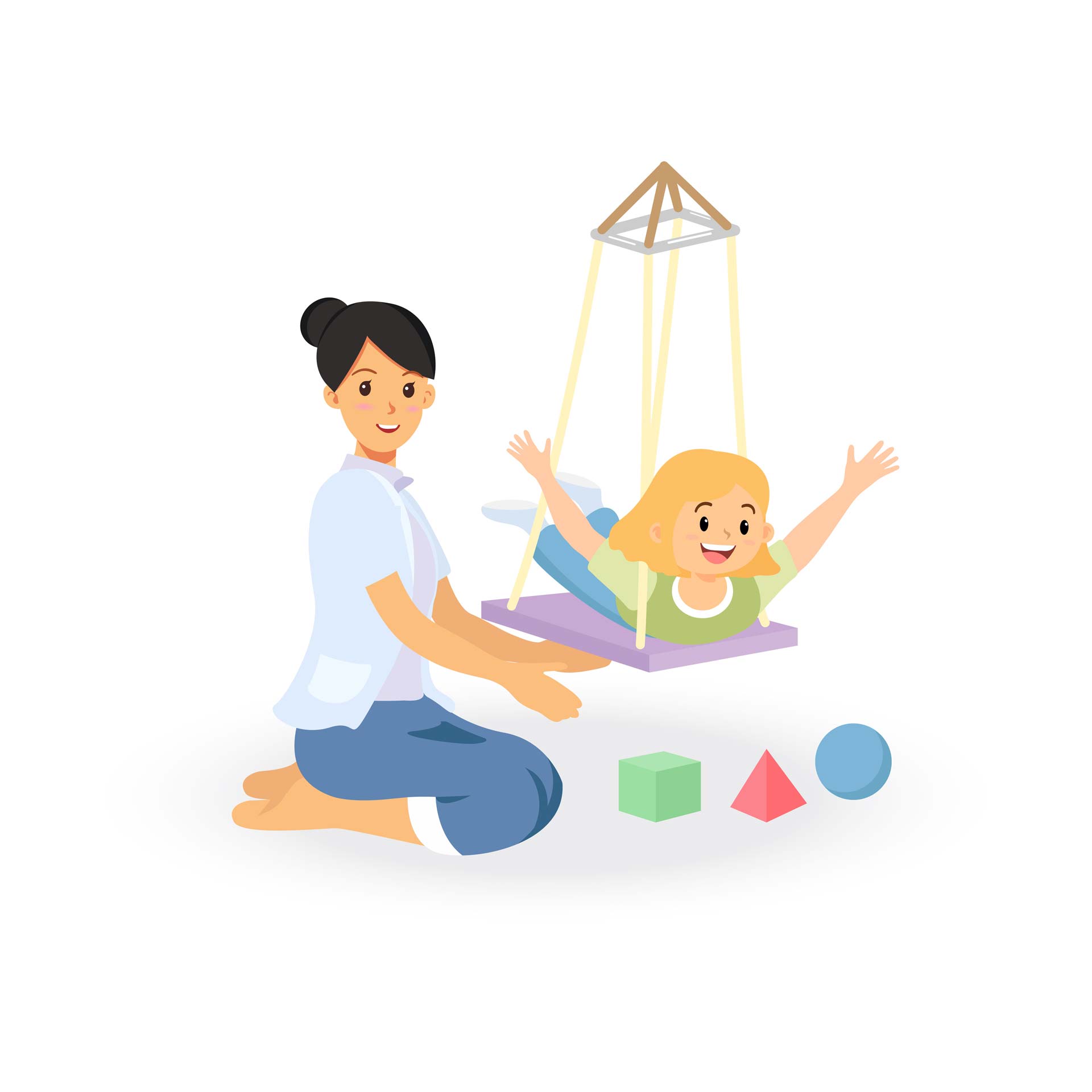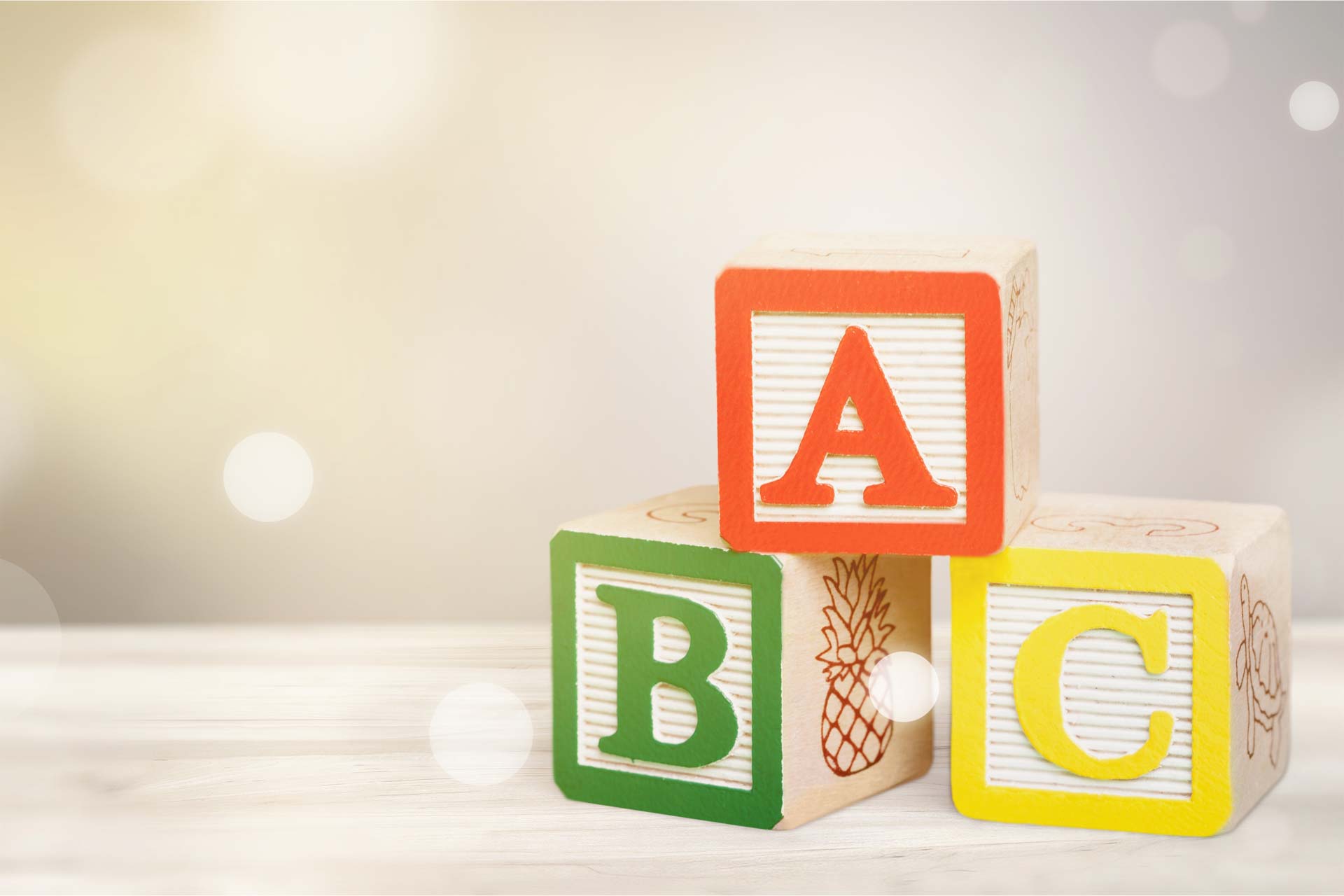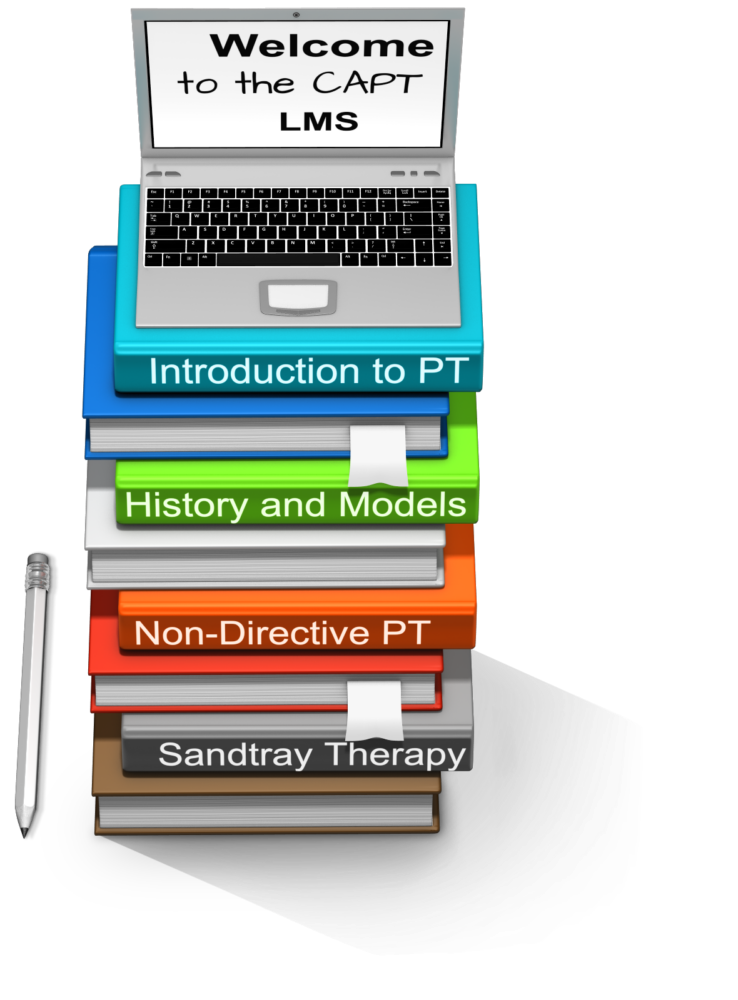
Training Dates: June 18 & June 19, 2026
Classes start at 9 am and finish at 3:30pm.
Overview:
Using lecture, student practice sessions, instructor demonstration and teaching videotapes, this two-day course will integrate foundational child abuse theories with directive and nondirective play therapy methods to prepare play therapists to meet the unique needs of children and youth who have been physically, sexually and/or emotionally abused.
- Day One: Physical & Emotional Abuse
- Day Two: Sexual Abuse
Learning Objectives:
In Day One, Physical and Emotional Abuse, the instructor will support participants to learn:
- How to define and understand the impact of child victimization experiences
- How to help children feel and be safe in treatment and with caregivers
- How to increase their credibility when working with child protection systems
- How to access non-protective parents’ role in the child’s therapy
- Theoretical frameworks to guide play therapy approaches to help children heal from abuse
- Playful approaches to working with abused children
In Day Two, Sexual Abuse, the instructor will support students to learn:
- A developmental and relational framework to understand the impact of child sexual abuse and to guide play therapy interventions
- Play therapy activities to help children express and resolve physical, emotional and sexual abuse trauma
- A framework to identify the differences between developmentally normative child sexual behaviors and concerning sexualized behaviors
- Play based strategies to help children resolve victim reactive behaviours
- Strategies to understand how working with abused children may impact play therapists and ways to take care of the self
Course Instructor: Hannah Kip

